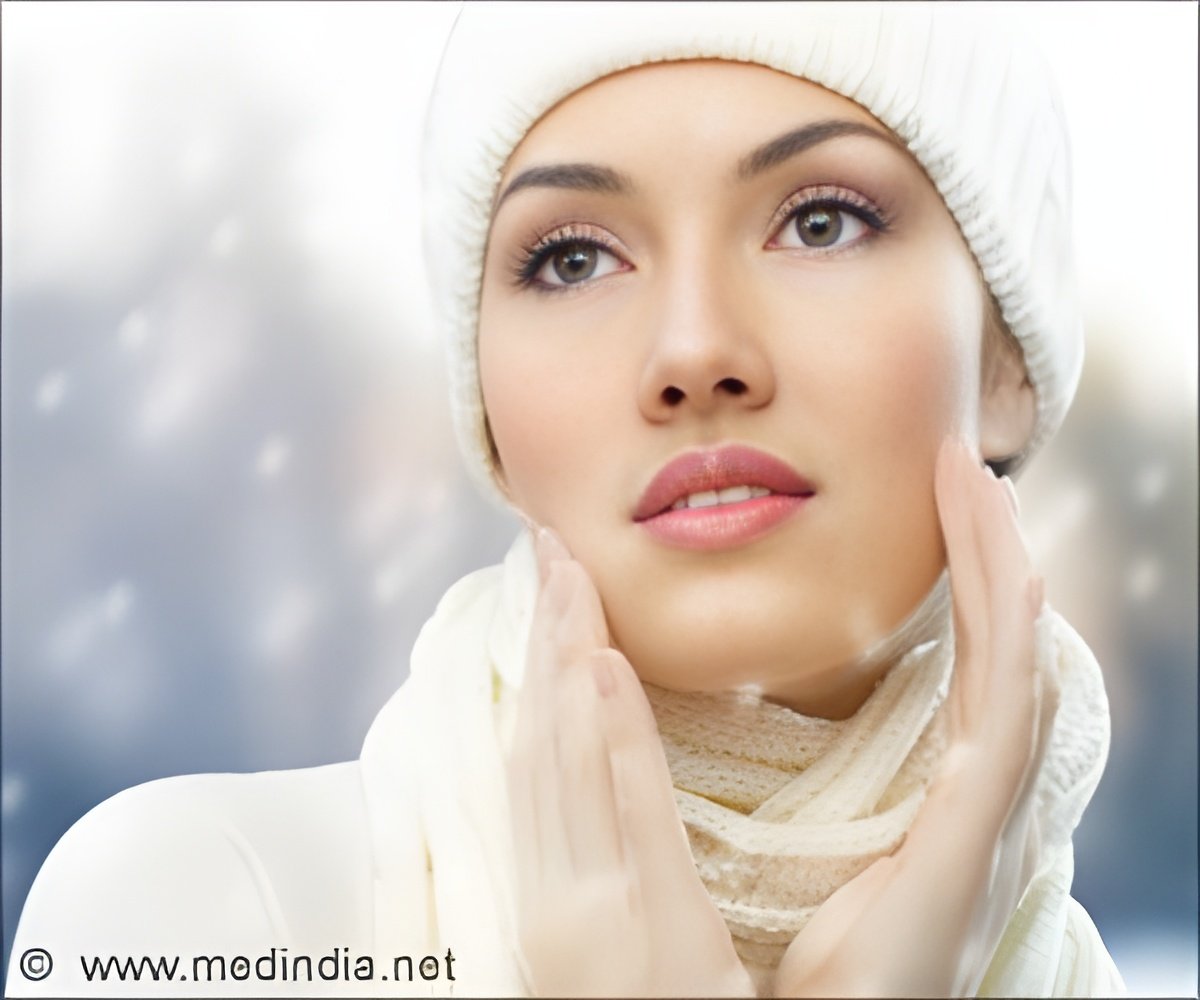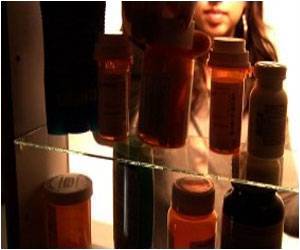Creams and lotions that contain mercury and its derivatives, cortisone, vitamin A and hydroquinine are banned in the Ivory Coast.

The ban affects whitening creams and lotions containing mercury and its derivatives, cortisone, vitamin A or more than two percent hydroquinine, a lightening agent that is used to develop photographs.
"The number of people with side effects caused by these medicines is really high," said Christian Doudouko, a member of Ivory Coast’s pharmaceutical authority, warning that they could cause skin cancer.
Lightening products can also lead to hypertension and diabetes, said Elidje Ekra, a dermatologist at the Treichville university hospital in Abidjan.
Whitening creams have been popular for years among young African women, who see them as a way to make themselves more attractive. The use of the creams is believed to be even more widespread in Nigeria.
Although there are no official figures of how many women use such products across Africa, billboards advertising the potentially deadly creams can be seen in cities across the continent.
"What we see in the media is the lighter one’s skin is, the better one’s life," he added, referring to advertisements that fill the streets of Abidjan, Ivory Coast’s biggest city, showing models with lighter-than-average skin.
The creams are also extremely popular in many countries in Asia, including India, Pakistan and Japan, as well as in the Middle East.
Source-Medindia
 MEDINDIA
MEDINDIA



 Email
Email




